
Al Hamra: The Jewel of Jeddah’s Waterfront
Al Hamra is one of Jeddah’s most vibrant and scenic neighborhoods, offering tourists a unique blend of modernity and tradition. Located along the Red Sea coast, this area is known for its stunning Corniche, a beautifully landscaped waterfront promenade perfect for leisurely strolls, jogging, or simply relaxing by the sea. The Corniche is lined with palm trees, fountains, and sculptures, making it not just a place for exercise but also a visual delight. The neighborhood is home to several upscale hotels and restaurants, providing a luxurious stay and a variety of culinary experiences. From authentic Saudi cuisine to international dishes, the dining options here cater to all tastes. Al Hamra is also a cultural hub, featuring landmarks like the King Fahd Fountain, the tallest of its kind in the world, which offers a spectacular sight especially when illuminated at night. For those interested in shopping, Al Hamra boasts several high-end boutiques and shopping centers. The neighborhood is also rich in history, with several museums and historical sites nearby, offering a glimpse into the rich heritage of Saudi Arabia. Whether you are looking to relax by the sea, indulge in fine dining, or explore cultural and historical attractions, Al Hamra in Jeddah provides an unforgettable experience for every traveler.
Local tips in Al Hamra
- Visit the King Fahd Fountain at night for a breathtaking illuminated water display.
- Take a leisurely walk along the Corniche to enjoy the scenic views and public art installations.
- Explore the local cuisine at the various upscale restaurants lining the waterfront.
- Check out the nearby historical museums to learn about Saudi Arabia’s rich heritage.
- Book your accommodation in advance, especially during peak tourist seasons.
Al Hamra: The Jewel of Jeddah’s Waterfront
Al Hamra is one of Jeddah’s most vibrant and scenic neighborhoods, offering tourists a unique blend of modernity and tradition. Located along the Red Sea coast, this area is known for its stunning Corniche, a beautifully landscaped waterfront promenade perfect for leisurely strolls, jogging, or simply relaxing by the sea. The Corniche is lined with palm trees, fountains, and sculptures, making it not just a place for exercise but also a visual delight. The neighborhood is home to several upscale hotels and restaurants, providing a luxurious stay and a variety of culinary experiences. From authentic Saudi cuisine to international dishes, the dining options here cater to all tastes. Al Hamra is also a cultural hub, featuring landmarks like the King Fahd Fountain, the tallest of its kind in the world, which offers a spectacular sight especially when illuminated at night. For those interested in shopping, Al Hamra boasts several high-end boutiques and shopping centers. The neighborhood is also rich in history, with several museums and historical sites nearby, offering a glimpse into the rich heritage of Saudi Arabia. Whether you are looking to relax by the sea, indulge in fine dining, or explore cultural and historical attractions, Al Hamra in Jeddah provides an unforgettable experience for every traveler.
Iconic landmarks you can’t miss
Middle Corniche Park
Discover the tranquil beauty of Middle Corniche Park, a coastal gem in Jeddah perfect for relaxation, recreation, and stunning seaside views.
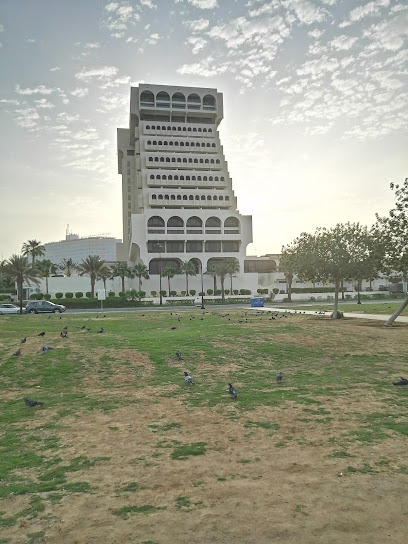
Al-Hamra Corniche
Experience the beauty of Al-Hamra Corniche in Jeddah, where stunning coastal views and vibrant greenery create an ideal escape for relaxation and recreation.
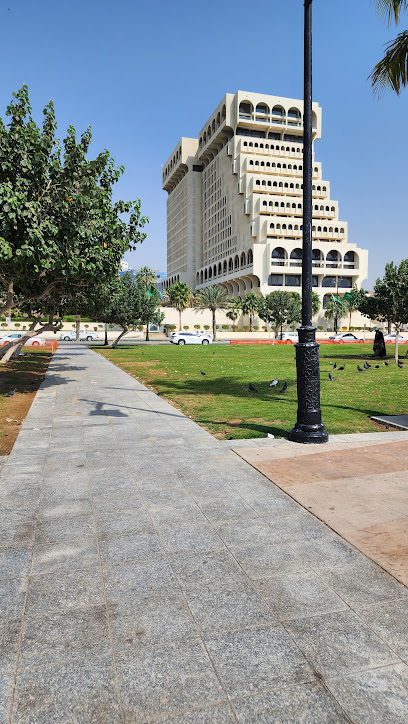
Hamra Sea
Explore the serene beauty of Hamra Sea in Jeddah, where coastal tranquility meets lush green landscapes for an unforgettable experience.
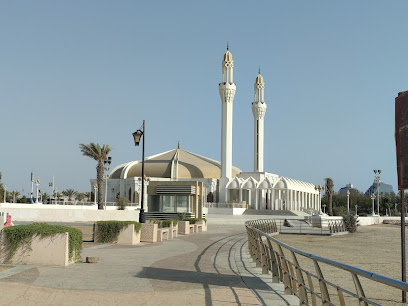
Alhamra Park
Experience the lush landscapes and serene atmosphere of Alhamra Park in Jeddah, a perfect destination for relaxation and family fun.
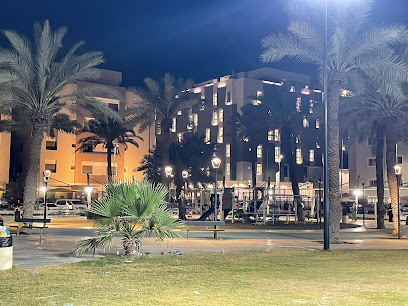
Palestine Street Walk
Discover the vibrant pulse of Jeddah at Palestine Street Walk, where art, food, and culture intertwine in a captivating urban experience.
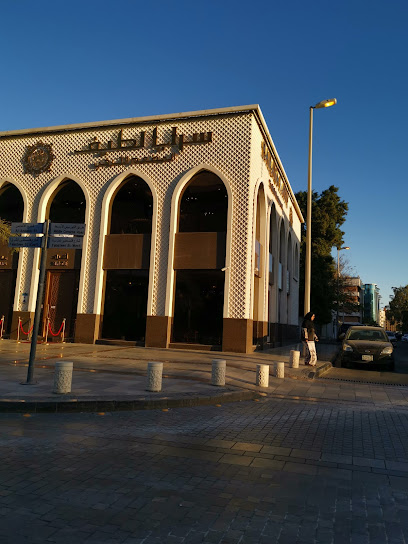
Darwish Salamah Museum
Explore the captivating heritage of Saudi Arabia at Darwish Salamah Museum, showcasing a rich collection of archaeological treasures and cultural models.
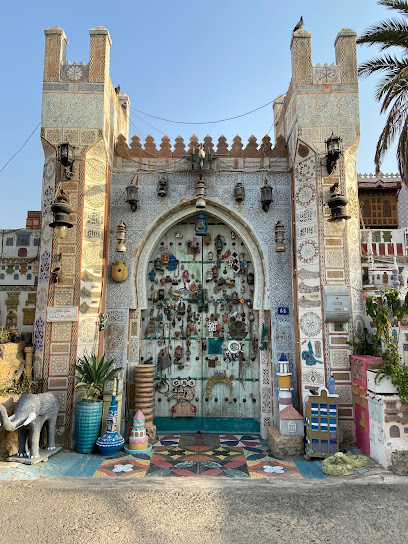
جده قدام النافوره
Experience the beauty and tranquility of Jeddah's Corniche Park, a scenic coastal escape with lush landscapes and family-friendly amenities.
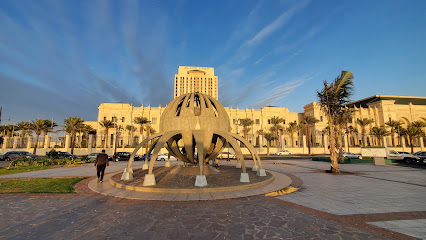
بحر الحمرا
Experience the tranquil beauty of Al-Hamra Sea in Jeddah, a historical landmark that offers stunning views and a glimpse into Saudi Arabia's maritime heritage.
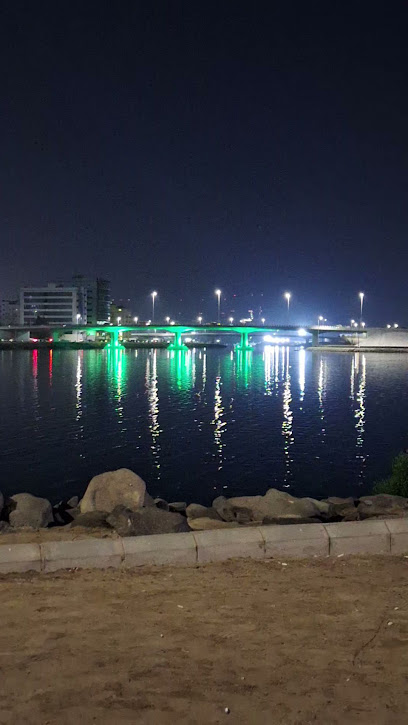
افضل مكان لرؤية نافورة جدة
Explore the stunning new fountain in Jeddah, a captivating tourist attraction blending modernity with tradition, perfect for unforgettable memories.
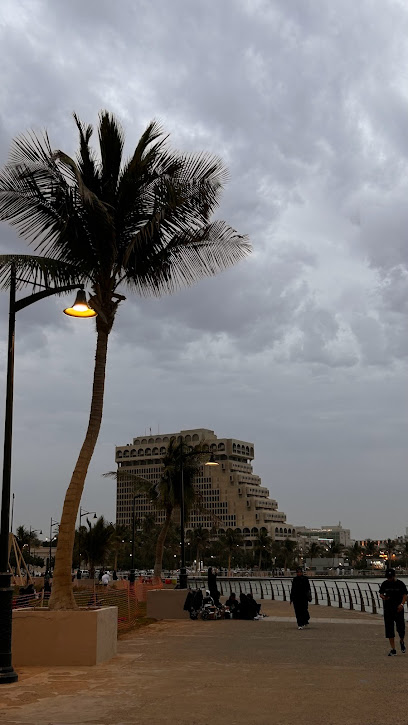
MONUMENT GLOBE
Discover the Monument Globe in Jeddah, a breathtaking landmark symbolizing the city's rich heritage and vibrant culture, perfect for every traveler.
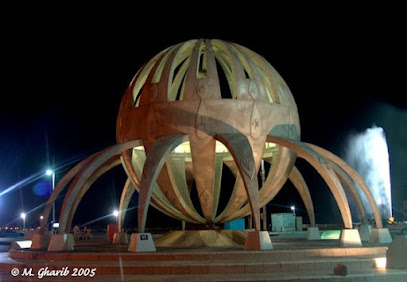
نافورة الملك فهد الموقع الصحيح
Discover the King Fahd Fountain, the tallest fountain in the world, a mesmerizing sight that embodies Jeddah's culture and beauty along the stunning waterfront.
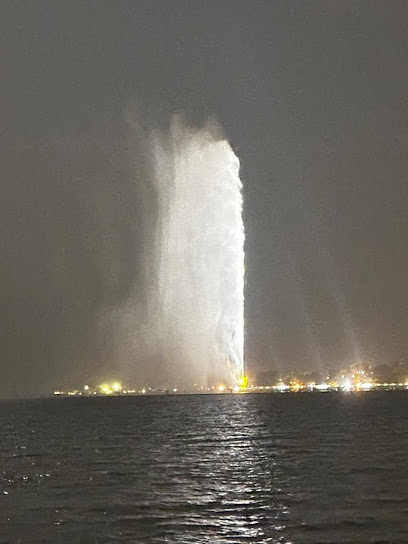
Unmissable attractions to see
Middle Corniche Park
Experience the tranquility of Middle Corniche Park, a lush seaside retreat in Jeddah, perfect for relaxation, family outings, and scenic walks along the Red Sea.
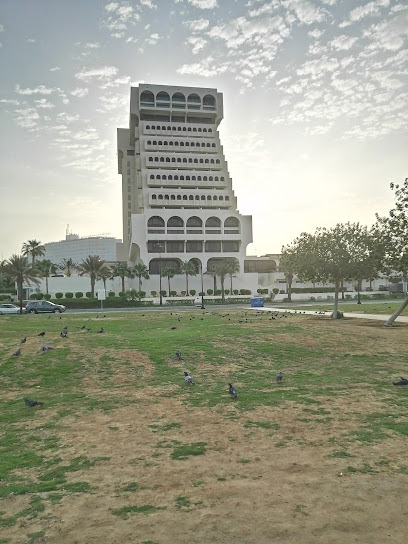
Al-Hamra Corniche
Discover the beauty of Al-Hamra Corniche, a stunning city park in Jeddah, offering serene waterfront views and recreational activities for everyone.
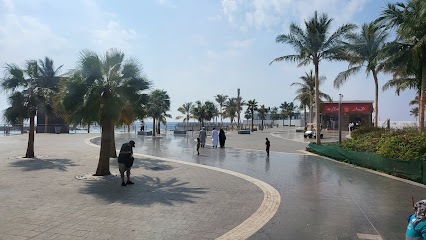
Al Taybat International City Museum of Science and Information
Discover the Al Taybat International City Museum, a captivating journey through science and history in Jeddah, perfect for curious travelers of all ages.
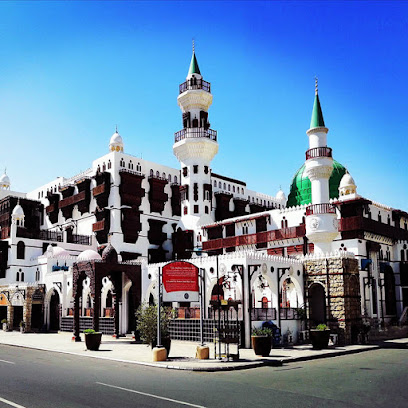
Bait Al Balad
Explore the cultural heritage of Jeddah at Bait Al Balad, a local history museum showcasing the beauty of Saudi traditions and architecture.
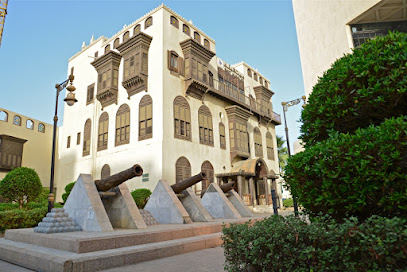
افضل مكان لرؤية نافورة جدة
Explore Jeddah's newest waterfall, a stunning natural attraction offering breathtaking views and a peaceful retreat in Al-Hamra'a.
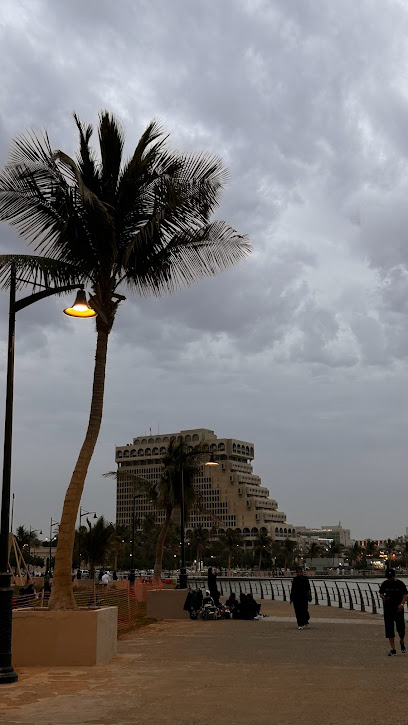
Essential places to dine
Nino Restaurant
Experience authentic Italian cuisine at Nino Restaurant in Jeddah's Al-Hamra'a district, where exquisite flavors meet elegant ambiance.
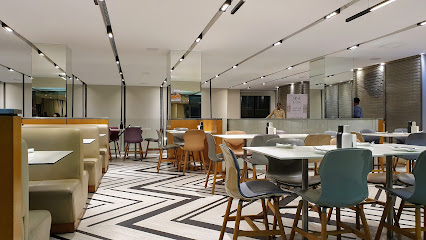
Twina Seafood - Corniche Alhamra
Experience exquisite seafood dining at Twina Seafood on Jeddah's stunning Corniche Alhamra – where fresh flavors meet coastal charm.
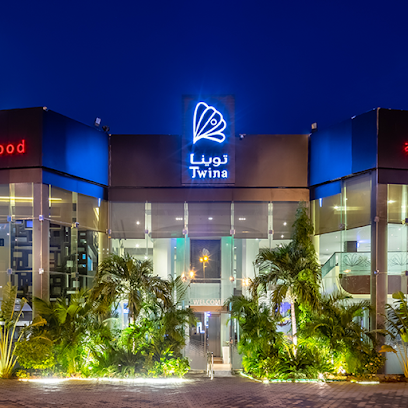
مطعم الشرافة
Experience authentic Saudi Arabian flavors at Al Shurafa Restaurant in Jeddah's vibrant Al-Hamra'a district.
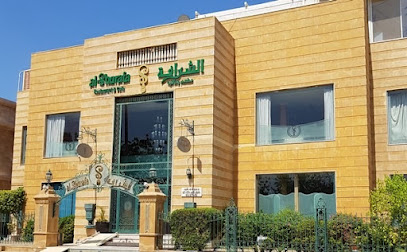
Eliymaxx Restaurant
Discover the culinary delights at Eliymaxx Restaurant in Jeddah’s Musadia Mall – where tradition meets modern dining.
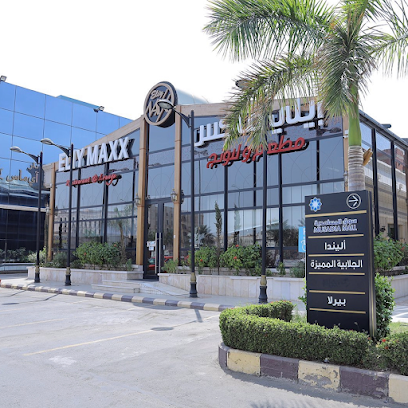
Habsburg
Experience exquisite fine dining at Habsburg in Jeddah's Al Shatie District - where culinary artistry meets elegance.
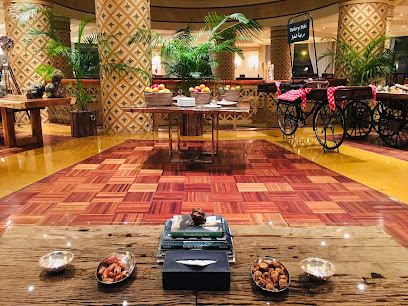
Reyhana
Savor the essence of Mediterranean and Moroccan cuisine at Reyhana in Jeddah's luxurious setting.
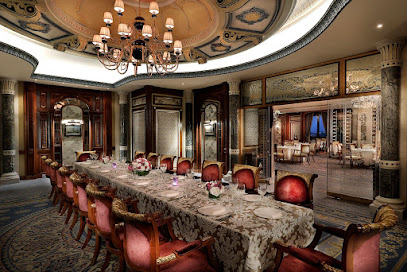
Nazla
Experience authentic Asian cuisine at Nazla in Jeddah, where traditional flavors meet modern dining in an inviting atmosphere.

Alswaaq
Discover authentic Indian flavors at Alswaaq in Jeddah - a culinary journey through spices and traditions.

Abdulaziz Theeb
Discover the vibrant flavors of vegetarian cuisine at Abdulaziz Theeb in Jeddah - where health meets taste in every dish.

Punjab hotel
Experience authentic Pakistani cuisine at Punjab Hotel in Jeddah's Al-Hamra'a district – a culinary journey not to be missed!

Markets, malls and hidden boutiques
الفريد المساعدية
Explore the essence of Jeddah at الفريد المساعدية, your go-to destination for authentic Saudi gifts and unique local treasures.
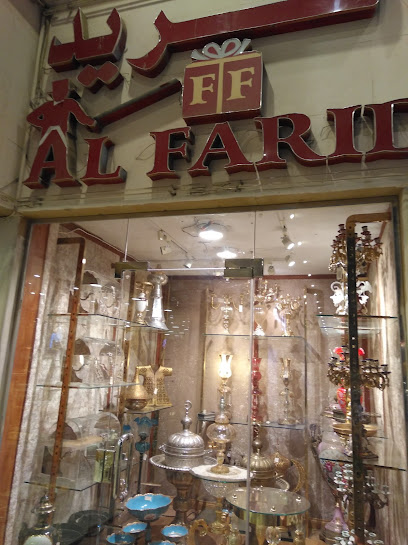
Mahat Concept
Explore Mahat Concept in Jeddah for a unique shopping experience filled with trendy clothing and exceptional quality.
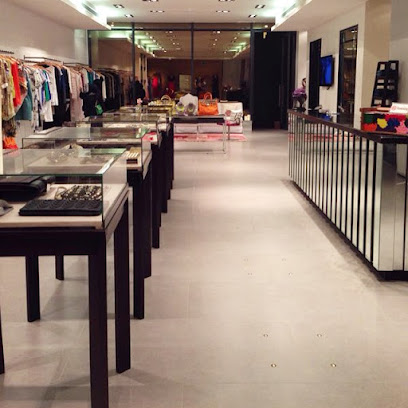
خالد حسين بن حمران للمجوهرات | Khaled Hussain BinHomran Jewelry
Explore Khaled Hussain Bin Homran Jewelry in Jeddah for exquisite handcrafted pieces that capture the essence of Saudi craftsmanship and culture.
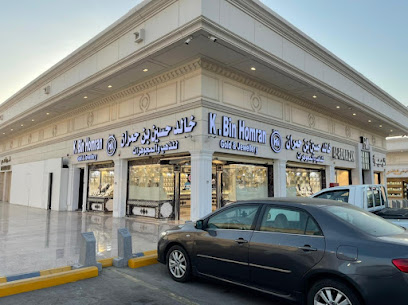
AMH Collection
Experience the elegance of Jeddah's fashion scene at AMH Collection, offering a unique blend of contemporary and traditional clothing.
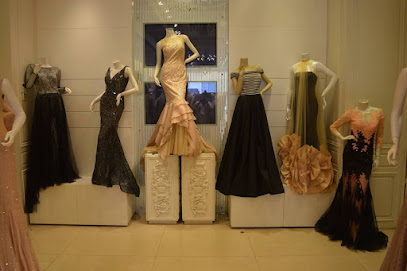
حي الحمراء جدة
Discover the beauty and vibrancy of Al-Hamra'a in Jeddah, where shopping meets culture in a dynamic district.

عبدالله عمر البارقي
Explore Abdullah Omar Al-Baraqy Game Store in Jeddah for a vast selection of video games, board games, and gaming accessories in a vibrant atmosphere.

Gift and Print
Explore the vibrant gift shop in Jeddah offering unique souvenirs and local crafts that embody the spirit of Saudi culture.
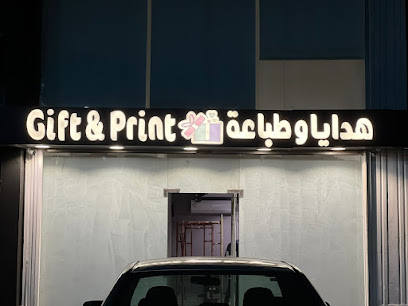
بن كريم للتوفير
Discover the essence of Saudi culture at بن كريم للتوفير, the ultimate gift shop in Jeddah for unique souvenirs and local treasures.

dukkan obhur
Explore the vibrant Dukkan Obhur, a supermarket in Jeddah offering local delicacies and international brands for an authentic shopping experience.

Lulu mini market Arafat
Explore the vibrant Lulu Mini Market in Al-Hamra'a, Jeddah for an authentic shopping experience filled with local flavors and unique finds.

Essential bars & hidden hideouts
Ariba Lounge
Discover a stylish oasis in Jeddah at Ariba Lounge, where comfort meets culinary delight in a vibrant atmosphere.
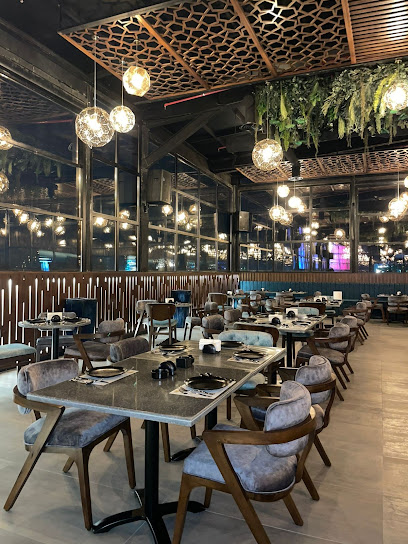
Lasera Lounge
Discover the lively ambiance and delicious flavors of Lasera Lounge, a must-visit cafe and lounge in Jeddah's Al-Hamra'a district.
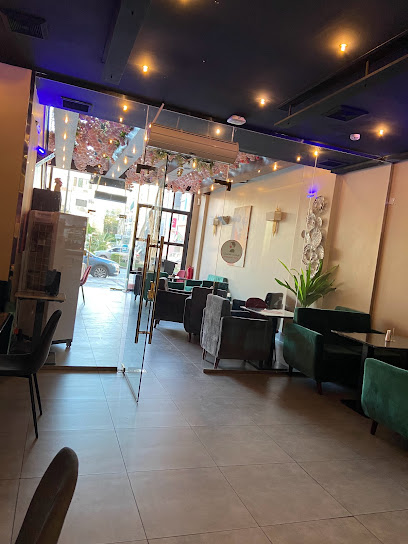
LATINO LOUNGE
Experience the vibrant flavors and rhythms of Latin America at Latino Lounge in Jeddah, where every meal is a celebration.
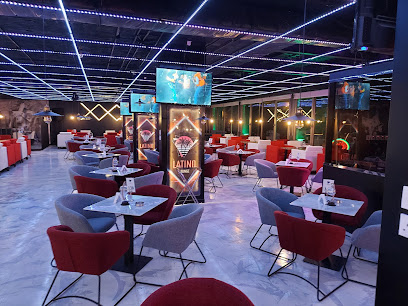
ترابل شوت كافيه | Triple Shot
Discover the unique blend of coffee, cider, and hookah in Jeddah's beloved Triple Shot Cafe, a must-visit for all coffee lovers.
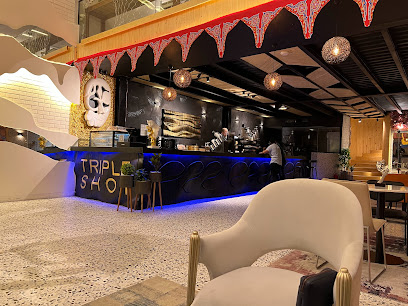
Wanderlust - وندرلست
Discover the perfect blend of comfort and taste at Wanderlust Cafe in Jeddah, where every visit feels like a mini-vacation.
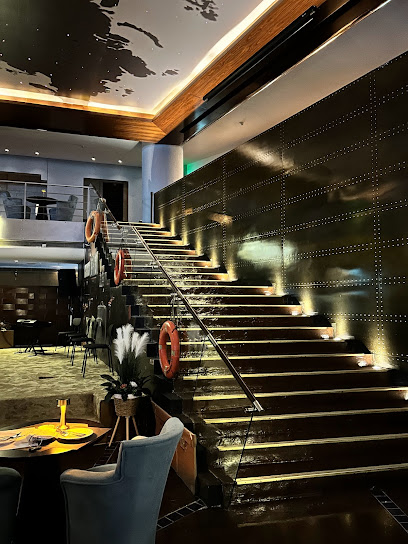
The Chord
Discover The Chord in Jeddah, a vibrant karaoke bar and restaurant blending delicious cuisine with unforgettable musical experiences.
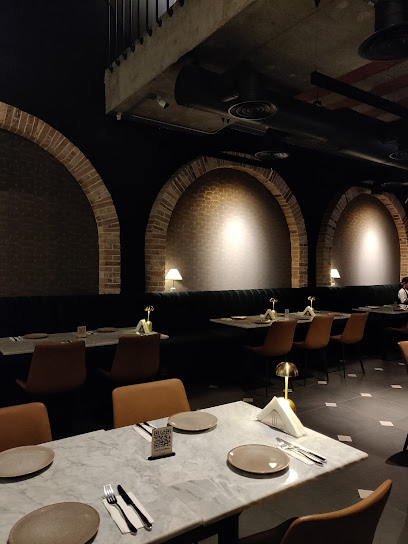
Eliymaxx Restaurant
Discover the vibrant taste of Jeddah at Eliymaxx Restaurant, a perfect blend of culinary excellence and chic ambiance.
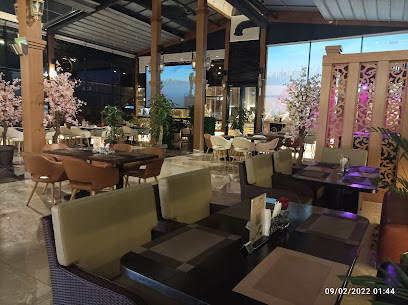
Karamel Lounge
Experience luxury dining and vibrant ambiance at Karamel Lounge in Jeddah, where gourmet flavors and stylish surroundings come together.
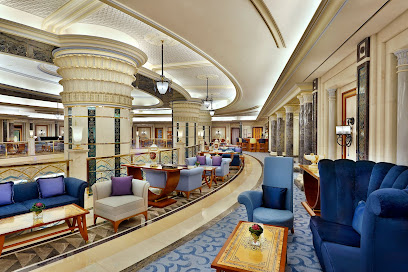
Thegarden Lounge - ذا جاردن لاونج
Experience the vibrant flavors of Jeddah at Thegarden Lounge, a stylish restaurant in Al Hamra District, perfect for all occasions.
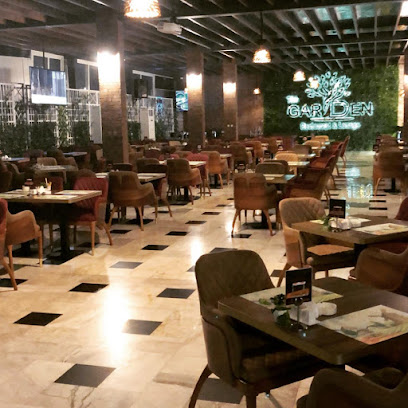
مفتوح
Discover مفتوح, a vibrant bar in Jeddah offering a diverse drink selection and a lively atmosphere perfect for unwinding and socializing.
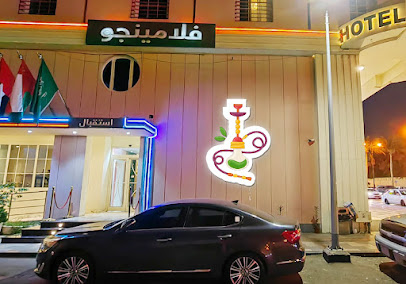
History of Al Hamra
-
Al Hamra, previously known as 'Al-Hamra District', has its origins as a central hub for trade in Jeddah. Established during the 19th century, it began as a collection of small businesses and homes built around the bustling port of Jeddah, which served as a gateway for pilgrims traveling to Mecca and Medina. The district's strategic location fostered economic growth and cultural exchange.
-
Throughout the 20th century, Al Hamra experienced significant architectural development. The neighborhood is renowned for its traditional coral stone buildings, which were constructed using local materials. These structures reflect a unique blend of Islamic and local architectural styles, showcasing intricate wooden balconies and ornate plasterwork that remain emblematic of Jeddah's historical charm.
-
Al Hamra has historically been a melting pot of cultures, influenced by traders and pilgrims from diverse backgrounds. This cultural amalgamation is evident in the local cuisine, traditional crafts, and festivals celebrated in the neighborhood. The area's markets, known as souks, have long been a focal point for commerce and community gatherings, highlighting the rich tapestry of Jeddah's social life.
-
In recent decades, Al Hamra has undergone modernization, with new developments emerging alongside preserved historical sites. The neighborhood has seen the introduction of contemporary amenities while maintaining its cultural heritage. Efforts to protect and restore historical buildings have been prioritized, ensuring that Al Hamra retains its character as a vibrant part of Jeddah's urban landscape.
-
Al Hamra is increasingly recognized for its role in promoting arts and culture within Jeddah. Numerous art galleries, cultural centers, and public art installations have emerged, reflecting the neighborhood's commitment to fostering creativity. Events such as art festivals and cultural fairs celebrate local talent and attract visitors, further establishing Al Hamra as a cultural hotspot in Saudi Arabia.
Al Hamra Essentials
-
Al Hamra is centrally located in Jeddah, making it easily accessible from other neighborhoods. From King Abdulaziz International Airport, you can take a taxi or ride-hailing service, which takes approximately 20-30 minutes. If you're coming from downtown Jeddah, local buses and taxis are available, with a typical journey time of 15-20 minutes depending on traffic.
-
Al Hamra is best explored on foot, as many attractions are within walking distance. For longer distances, taxis and ride-hailing services like Uber are readily available. The public transport system in Jeddah includes buses, but they may not be frequent or cover all areas. Cycling is not common due to traffic conditions, but some areas have pedestrian-friendly paths.
-
Al Hamra is relatively safe for tourists, but it is always prudent to remain vigilant. Avoid walking alone at night in less populated areas or poorly lit streets. While there are no specific high-crime areas targeting tourists, petty crimes can occur, particularly in crowded places, so keep your belongings secure.
-
In case of an emergency, dial 999 for police assistance or 997 for medical emergencies. Familiarize yourself with the location of the nearest hospital or clinic. It is advisable to have travel insurance that covers medical emergencies. Pharmacies are available for minor health issues, and staff generally speak English.
-
Fashion: Do dress modestly, especially in public spaces. Women should wear loose-fitting clothing and cover their shoulders and knees. Men should also avoid shorts. Religion: Do respect local customs and traditions; prayer times are observed throughout the day. Public Transport: Do be polite and give up your seat to the elderly. Don’t eat or drink in public transport. Greetings: Do greet with a handshake, but wait for women to extend their hand first. Eating & Drinking: Do try local foods and accept invitations. Don't eat or drink publicly during Ramadan.
-
To experience Al Hamra like a local, visit the bustling Al Hamra Corniche for a leisurely walk along the waterfront. Explore local cafes and restaurants to try traditional Saudi dishes. Engage with shopkeepers in the souks, as they are often eager to share their stories. For a unique experience, visit during the evening when the area comes alive with families enjoying outdoor activities.
Nearby Cities to Al Hamra
-
Things To Do in Mecca
-
Things To Do in Taif
-
Things To Do in Al Baha
-
Things To Do in Yanbu
-
Things To Do in Medina
-
Things To Do in Abha
-
Things To Do in Khamis Mushait
-
Things To Do in Al Ula
-
Things To Do in Marsa Alam
-
Things To Do in Jizan
-
Things To Do in Keren
-
Things To Do in Asmara
-
Things To Do in Najran
-
Things To Do in Aswan
-
Things To Do in Hail











